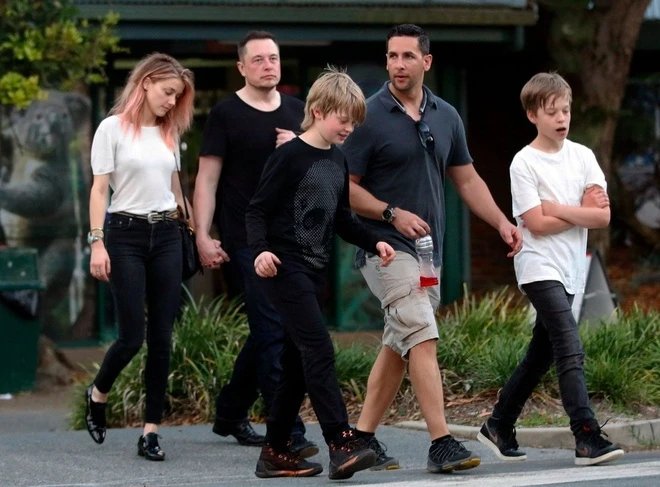Elon Musk, the billionaire entrepreneur and CEO of Tesla and SpaceX, has once again made headlines—not for his latest technological breakthrough, but for a significant personal milestone. The visionary businessman recently welcomed his 14th child, further reinforcing his belief that intelligent and capable individuals should have many children. This philosophy, which Musk has often shared publicly, is rooted in his concerns about declining birth rates and the future of humanity.
## Elon Musk’s Expanding Family
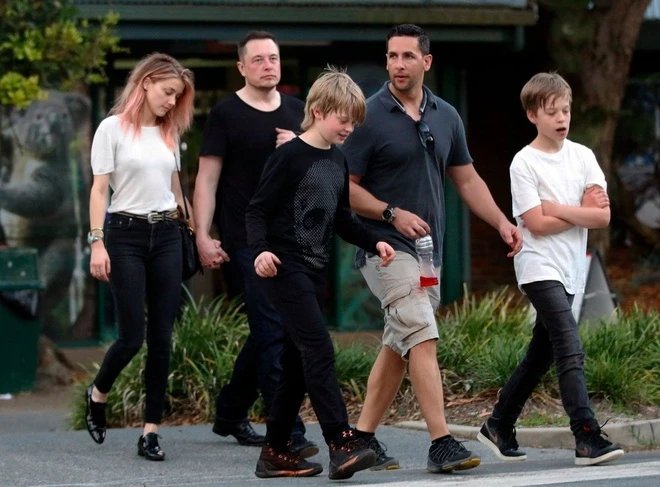
Elon Musk has been a vocal advocate for large families, and his personal life reflects this ideology. With the arrival of his 14th child, Musk continues to emphasize the importance of population growth, particularly among highly intelligent individuals. His expanding family includes children from multiple relationships, all of whom he has expressed deep love and commitment toward.
Musk’s first six children were born during his marriage to Justine Musk, with whom he had twins and triplets through IVF. In recent years, he has had more children with musician Grimes and Neuralink executive Shivon Zilis. Despite his demanding career, Musk maintains that fatherhood is one of his top priorities.
## The Billionaire’s View on Population Decline
Elon Musk has repeatedly voiced concerns about the potential consequences of global population decline. He argues that if birth rates continue to drop, the world could face significant economic and societal challenges. According to Musk, the declining birth rate in many developed countries threatens innovation, economic growth, and overall human progress.
Musk believes that encouraging intelligent individuals to have more children is one way to ensure a future generation capable of solving complex global issues. In his view, highly capable and educated parents are more likely to raise children who contribute positively to society through scientific, technological, and social advancements.
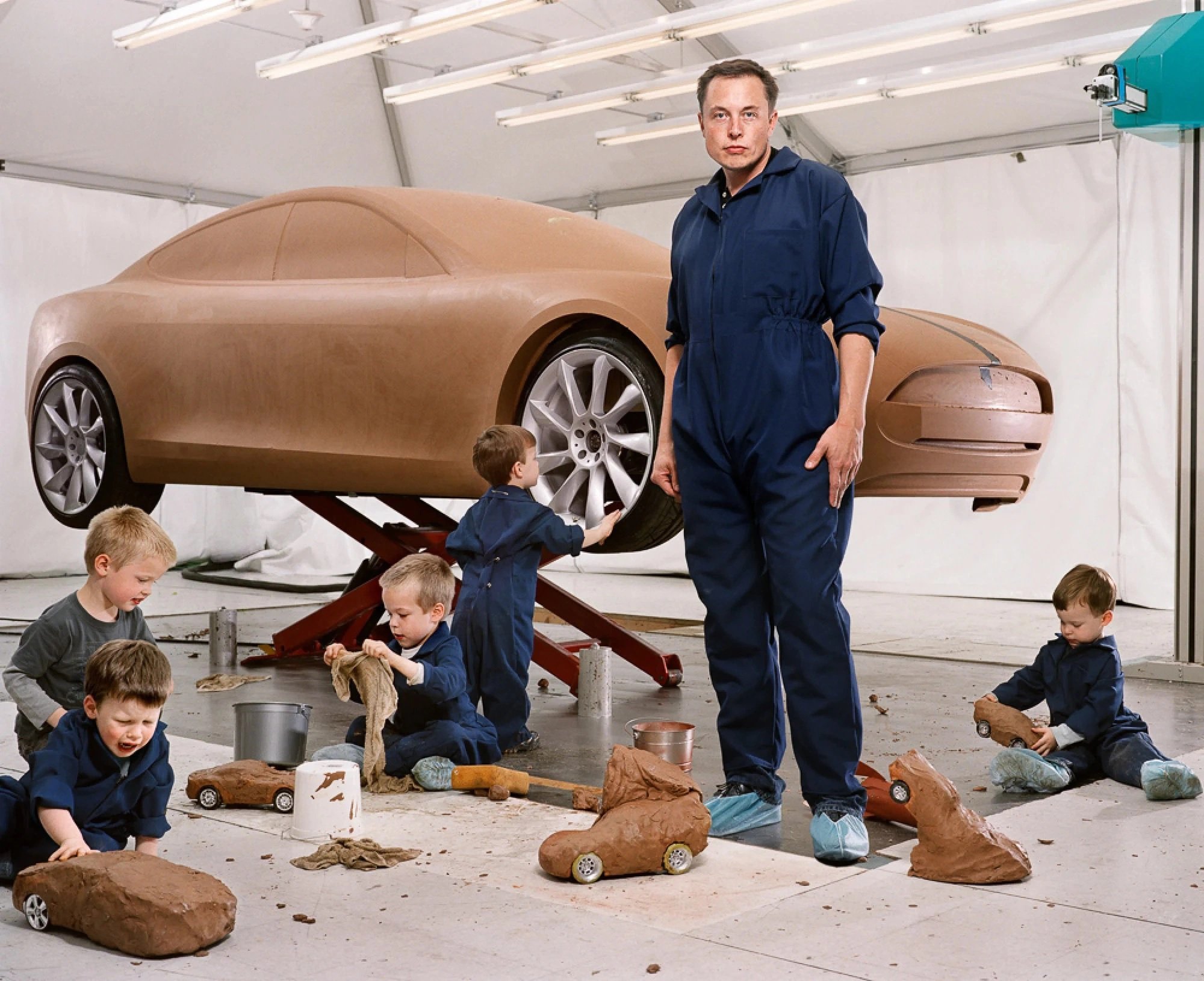
## Musk’s Advocacy for Pro-Natalism
Musk’s belief aligns with the broader pro-natalism movement, which advocates for policies and societal attitudes that encourage higher birth rates. Pro-natalists argue that a shrinking population leads to economic stagnation, labor shortages, and a decline in innovation. Musk has urged governments and influential figures to recognize this problem and take proactive measures to address it.
He has even suggested financial incentives, tax breaks, and better parental support systems as ways to encourage higher birth rates. In several of his public statements, Musk has pointed out that countries such as Japan, South Korea, and some European nations are already experiencing severe population declines, leading to economic concerns.
## Balancing Parenthood and Innovation
As one of the busiest entrepreneurs in the world, many wonder how Musk manages to balance his demanding career with fatherhood. He acknowledges that he cannot be as present as he would like, but he strives to stay connected with his children.
Musk has expressed that he wants to instill in his children the values of curiosity, resilience, and innovation. He often discusses his vision for the future with them and encourages them to think critically about the world. Additionally, he has praised the importance of hands-on learning and problem-solving, advocating for education systems that prioritize creativity and critical thinking over rote memorization.
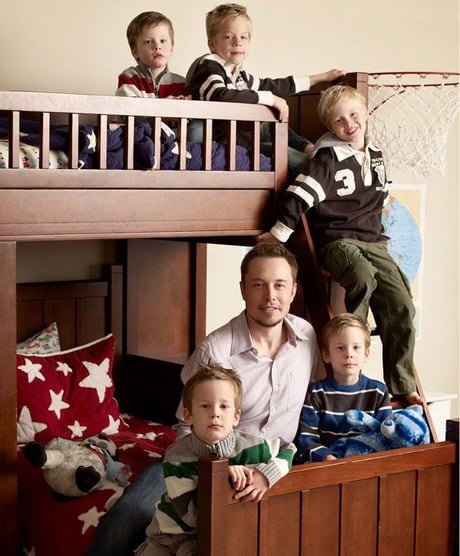
## Public Reaction to Musk’s Views
Musk’s views on population growth and intelligence-based reproduction have sparked both support and criticism. Supporters agree that declining birth rates are a real concern and that intelligent, capable parents are more likely to raise high-achieving children. Some also appreciate his willingness to highlight an issue that many governments tend to ignore.
However, critics argue that Musk’s perspective oversimplifies a complex issue. Some experts point out that intelligence is influenced by both genetics and environment, making it difficult to predict how children will turn out based on their parents’ intellect. Others believe that quality of parenting, access to education, and social structures play a more significant role in shaping future generations than simply having more children.
Additionally, some have accused Musk of promoting elitist ideals by suggesting that only highly intelligent individuals should reproduce at higher rates. Critics argue that society should focus on creating equitable opportunities for all children, regardless of their parents’ background.
## The Future of Musk’s Legacy
With 14 children and counting, Musk’s personal life reflects his deep-seated beliefs about the importance of family and future generations. His legacy will not only be defined by his technological advancements but also by the family he has built.
While it remains to be seen how Musk’s children will shape the world, one thing is clear: their father has set the stage for them to think boldly and challenge the status quo. Whether or not his philosophy on population growth gains widespread acceptance, Musk continues to be one of the most influential voices in discussions about humanity’s future.
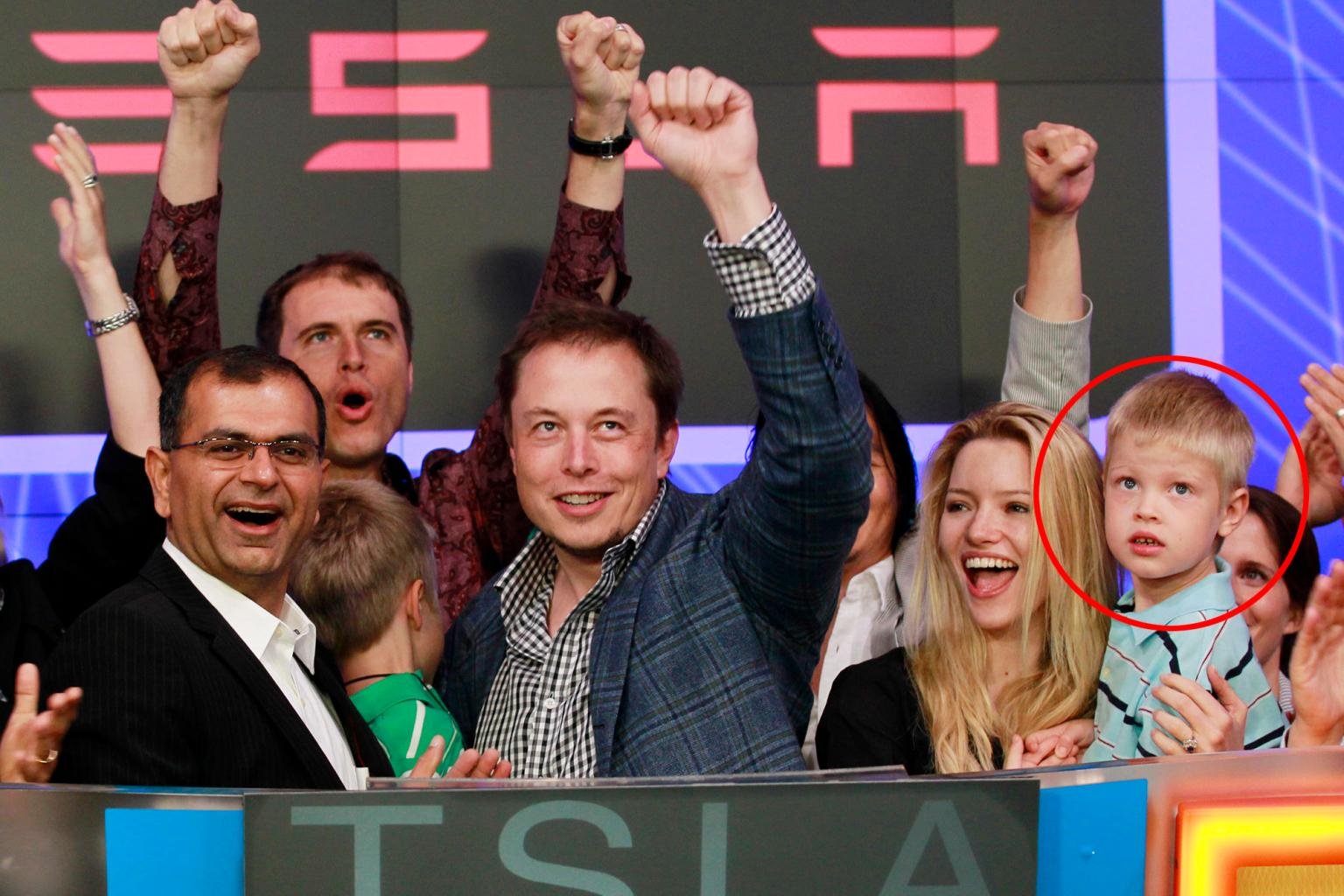
## Conclusion
Elon Musk’s decision to welcome his 14th child is not just a personal milestone but also a statement reinforcing his long-held beliefs about intelligence, population growth, and the future of humanity. As he continues to advocate for larger families among highly intelligent individuals, his views spark important discussions about the demographic challenges of the modern world. Whether people agree with him or not, Musk’s influence ensures that these conversations will continue to shape the way we think about the future of society.
